Talking about armed violence is not easy — especially in communities where it is so common that it can start to feel like a fact of life. Yet young people are stepping forward to lead this urgent conversation, determined to protect themselves and those people they care about.
Youth Community
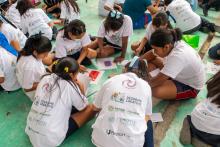
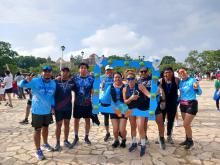
In 2025, I had the opportunity to participate in the GenerAccion Paz training programme, a space where I met with young people from different places to share experiences, dreams, and concerns surrounding disarmament.
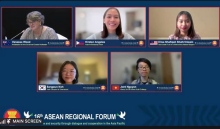
When you’re young and aspiring towards a better future, it can feel like you often must play the long game before being able to make an impact.
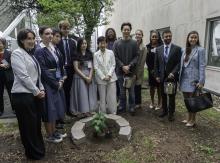
A few years ago, I was lucky to meet and sit across from hibakusha - survivors of the nuclear bombings in Hiroshima and Nagasaki. This conversation made me rethink everything that I had previously learned about nuclear weapons.
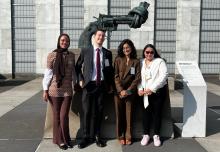
Last year, I flew from Lima to New York, where I met three of my fellow Youth Champions for Disarmament: Monalisa, from India, Roberta, from Germany and Ivan, from, the Russian Federation.
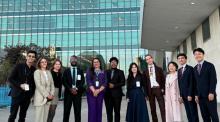

As part of the UN Youth Champions for Disarmament Training Programme, all participants were given the opportunity to create their own project to connect with other young people.
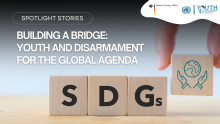
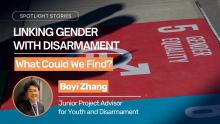
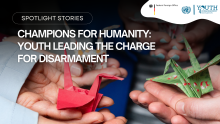
For our second webinar, the UN Youth Champions for Disarmament came together to learn more about the first pillar of the UN Secretary-General’s Agenda for Disarmament - 'Disarmament to Save Humanity' – and our role to support efforts to create a safer, more peaceful future for a
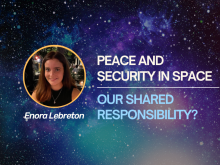
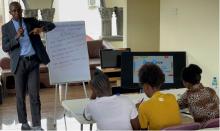
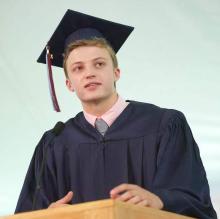


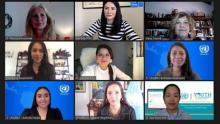
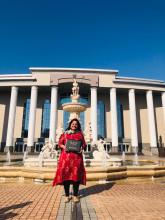
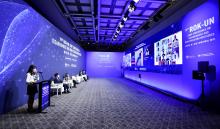
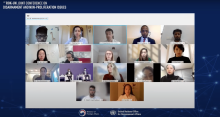
A flurry of greetings – “Good morning, good afternoon, good evening” –seems to be a new mainstay of the COVID-19 era, as participants in international conferences log on from time zones around the world.
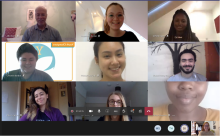
On 27 October, the 10 UN Youth Champions for Disarmament gathered online for our last official training session.
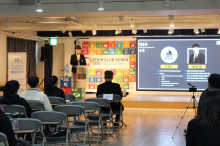
How can we make more young people aware of the importance of disarmament?
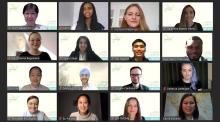
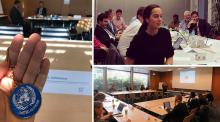
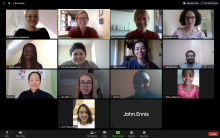
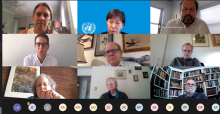
On 14 September 2020, the UN Youth Champions for Disarmament attended a meeting between the High Representative for Disarmament Affairs and civil society advocates working on many of the same issues.
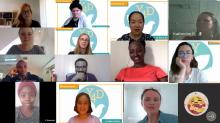
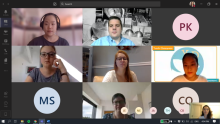
The UN Youth Champions for Disarmament recently had an opportunity to learn from two members of UNODA’s Weapons of Mass Destruction (WMD) Branch. They reminded us that we can reshape the world if we work together to free it from nuclear, biological and chemical arms.
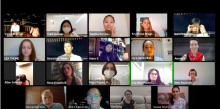
On August 6, 2020, the world commemorated the 75th Hiroshima Day, remembering the victims of the atomic bombing of the city on August 6, 1945. To recognize the 75th anniversary, Hiroshima-ICAN Academy hosted the live webinar, “Path Forward for Nuclear Disarmament”.
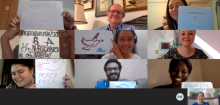
It is not every day that one gets to talk to a retired Senior Political Affairs Officer at the UN who is also the main trumpet in the UN Symphony Orchestra! Therefore, we youth champions were looking forward to the fireside chat with Dr. Randy Rydell.
